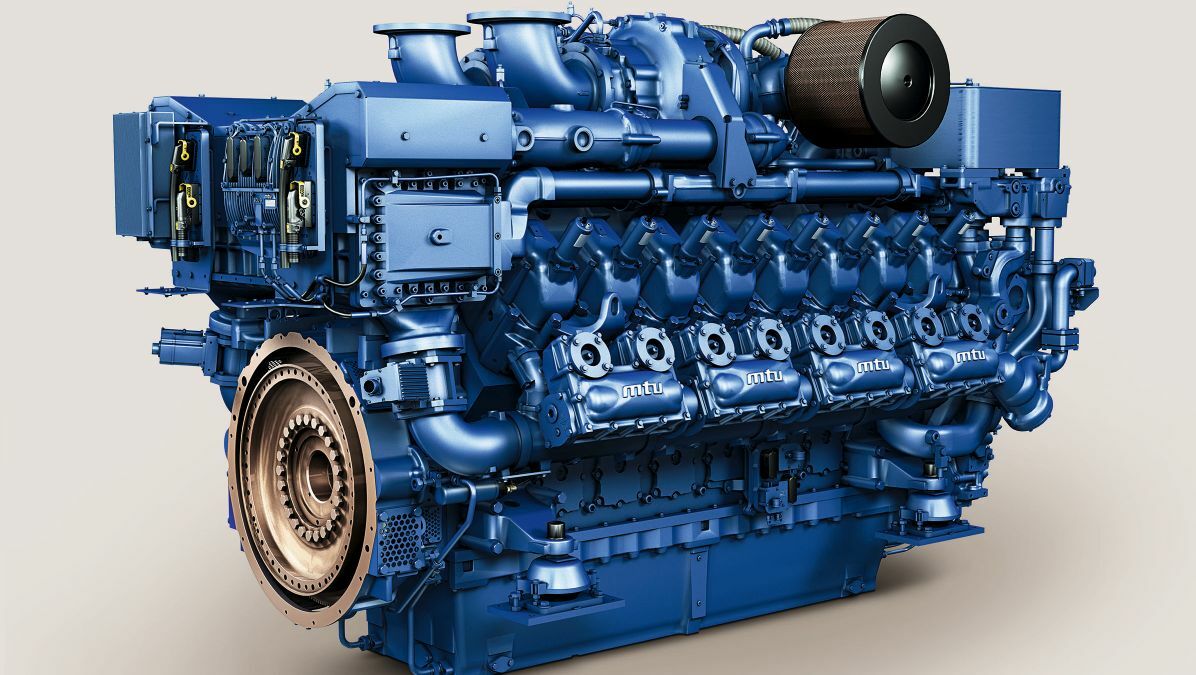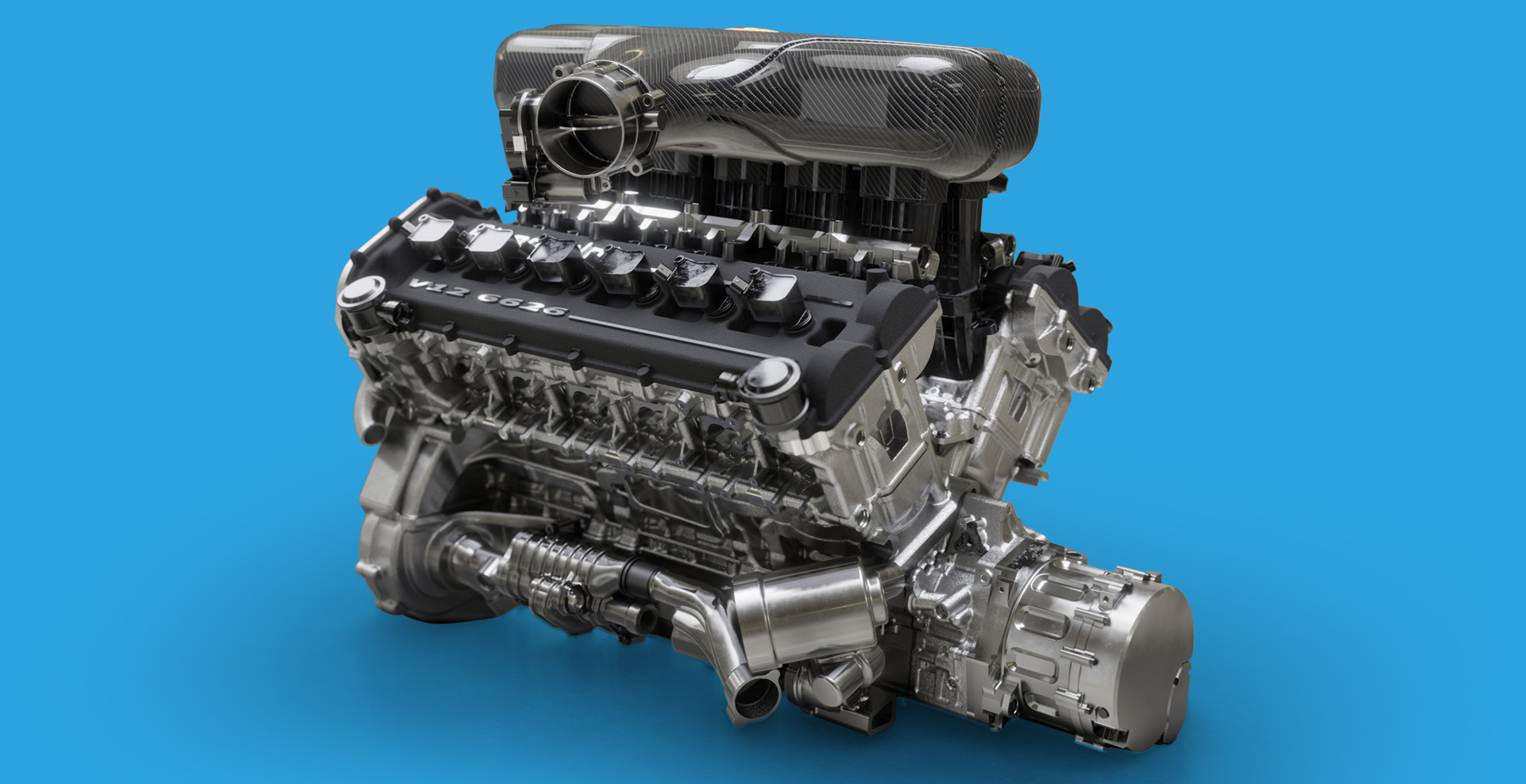Your Go-To Automobile Parts Shop for Engines for Africa and Much more
Your Go-To Automobile Parts Shop for Engines for Africa and Much more
Blog Article
The Pursuit for Ultimate Driving Power: Examining the Pinnacle of Engine Performance and Technological Advancements in the Automotive Market
In the realm of automotive engineering, the pursuit of maximum driving power has been a ruthless mission that has actually unfolded through the development of engine style and the combination of sophisticated technologies. From the careful craftsmanship of combustion engines to the quick developments in electrical propulsion systems, the auto sector stands at the cusp of a brand-new era defined by extraordinary efficiency capabilities. As designers and scientists dive much deeper into the realms of computational fluid dynamics and discover innovative fuel modern technologies, the horizon of opportunities increases exponentially. Remain tuned as we unravel the intricate tapestry of technical developments that are forming the future of auto power and efficiency.
Evolution of Engine Style

Furthermore, the integration of turbocharging and turbo charging innovations has actually changed engine design by boosting power without significantly boosting engine size. These forced induction systems compress the intake air, permitting even more fuel to be ignited, consequently producing better power result from a smaller engine. This improvement has actually been especially critical in enhancing the efficiency of smaller sized displacement engines while maintaining fuel efficiency standards.

Performance-Enhancing Fuel Technologies
The application of innovative fuel technologies has actually substantially added to improving engine efficiency in modern-day automobiles. From conventional gasoline and diesel to cutting-edge biofuels, artificial gas, and hydrogen, the vehicle sector is experiencing a change in gas options. Biofuels, stemmed from eco-friendly resources like corn, algae, or sugarcane, offer boosted and minimized discharges engine performance. Artificial fuels, created through chemical procedures, provide high octane rankings, improving power output. Hydrogen gas cells, although still in the onset of fostering, reveal great assurance because of their zero-emission nature and possibility for high efficiency. Additionally, fuel additives and cleaning agents are being developed to clean engine components, optimize burning, and decrease friction, thus boosting overall vehicle efficiency. With recurring r & d, the quest for the best driving power continues, as designers make every effort to open the complete possibility of performance-enhancing gas technologies in the vehicle market.
Developments in Electric Propulsion
Considerable strides in electric propulsion modern technology have transformed the automotive sector, leading the means for a new era of efficient and lasting transport. Electric automobiles (EVs) are gaining appeal as a result of their ecological advantages and innovations in battery technology, enabling longer driving ranges and much shorter charging times. Makers are spending greatly in r & d to boost the performance of electric propulsion systems, focusing on raising power output, boosting energy efficiency, and minimizing overall weight.
One significant advancement in electrical propulsion is the growth of sophisticated electrical motors that deliver greater torque and power density, leading to enhanced acceleration and general driving performance. Furthermore, regenerative braking systems have actually been refined to store and catch energy throughout slowdown, additional increasing the efficiency of EVs.
Additionally, the combination of wise technologies, such as artificial intelligence and anticipating analytics, is enhancing the administration recommended you read of electric propulsion systems, guaranteeing optimal performance under various driving problems. These improvements in electric propulsion are reshaping the auto landscape, driving the market towards a more sustainable and amazed future.
Effect of Computational Fluid Dynamics
With advancements in electric propulsion pressing the boundaries of vehicle innovation, the integration of Computational Fluid Characteristics is playing an essential duty in maximizing aerodynamic performance and improving general performance in car style. Computational Fluid Characteristics (CFD) involves the usage of computer simulations to assess the circulation of air around a lorry, allowing engineers to forecast just how layout changes will influence aerodynamics without the requirement for costly physical prototypes. By precisely modeling air flow patterns, CFD allows for the improvement of vehicle shapes to minimize drag, enhance air conditioning, and enhance stability.
One trick benefit of utilizing CFD in car style is the capability to iterate rapidly, exploring countless style variations to recognize the most aerodynamically efficient options. This repetitive process results in lorries that are not only sleeker and extra visually attractive yet likewise much more fuel-efficient and eco-friendly. CFD allows engineers to optimize air movement around elements such as radiators, engine bays, and wheel wells, adding to boosted efficiency and general driving experience. Finally, the assimilation of Computational Fluid Characteristics stands for a significant progression in the mission for supreme driving power and effectiveness in the automobile sector.
Future Trends in Engine Technology
In the vibrant landscape of vehicle engineering, cutting-edge advancements are forming the future trajectory of engine advancement. The future of engine style is noted by a strong focus on sustainability, effectiveness, and efficiency. Makers are progressively concentrating on developing engines that not just supply high power results however also focus on environmental obligation by reducing emissions and boosting fuel performance.
One noticeable pattern in engine innovation is the increase of electrification. Hybrid and electric powertrains are acquiring grip as sensible choices to traditional burning engines. These modern technologies supply the capacity for considerable reductions in carbon exhausts and increased energy efficiency, lining up with worldwide efforts to deal with environment modification.
Additionally, improvements in products scientific research and manufacturing strategies are making it possible for the manufacturing of lighter and a lot more resilient engine components. This change in visit homepage the direction of lightweight products such as carbon fiber and light weight aluminum alloys contributes to enhanced performance and fuel economic situation.
Final Thought
In final thought, the quest of supreme driving power in the automobile field remains to drive innovations in engine style, gas modern technologies, electrical propulsion, and computational liquid characteristics. The advancement of these modern technologies is shaping the future of engine development, leading the means for extra powerful and reliable cars (engines for africa). As the market proceeds to push the boundaries of what is feasible, we can expect to see a lot more revolutionary advancements in see the mission for peak performance
One of the essential milestones in engine design evolution is the shift from conventional carbureted engines to modern-day fuel-injected systems. By specifically metering the fuel shipment to each cyndrical tube, fuel-injected engines enhance combustion, resulting in much better performance and lowered ecological influence.
Moreover, the integration of turbocharging and supercharging technologies has actually changed engine layout by enhancing power without considerably enhancing engine size (engines for africa).The application of advanced fuel modern technologies has dramatically added to boosting engine efficiency in modern-day lorries. Furthermore, fuel ingredients and detergents are being developed to tidy engine components, maximize combustion, and minimize rubbing, therefore boosting overall car performance
Report this page